
New guidelines enhance gene therapy delivery for Duchenne muscular dystrophy, emphasizing multidisciplinary care and safety monitoring for optimal patient outcomes.

Marco Meglio, Assistant Managing Editor for NeurologyLive, has been with the team since October 2019. Follow him on Twitter @marcomeglio1 or email him at [email protected]

New guidelines enhance gene therapy delivery for Duchenne muscular dystrophy, emphasizing multidisciplinary care and safety monitoring for optimal patient outcomes.

Saol Therapeutics faces challenges after FDA's complete response letter for SL1009, a potential treatment for rare mitochondrial disorder PDCD.

Mind Moments®, a podcast from NeurologyLive®, brings you an exclusive interview with Patricia Pozo-Rosich, MD, PhD. [LISTEN TIME: 19 minutes]
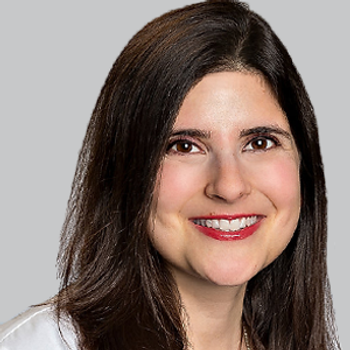
Tamara Kaplan, MD, vice chair of education for the department of neurology at Mass General Brigham, shares insights on evolving neurology education, highlighting her framework for supporting clinician educators and the growing recognition of education as a career path.

The vice chair of neurology at West Virginia University reflected on receiving the AUPN Leadership Award, addressing challenges in academic neurology and the evolving responsibilities of vice chairs in advancing departmental goals.
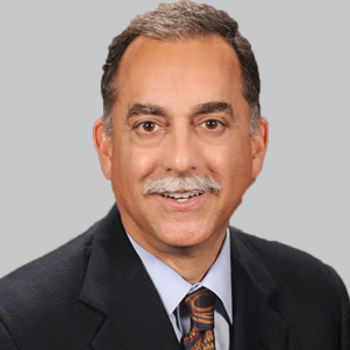
A recent study reveals dual orexin receptor agonists (DORAs) show significantly lower abuse potential compared to traditional insomnia medications.

Teva's emrusolmin receives FDA fast track designation as a potential breakthrough treatment for multiple system atrophy, targeting neurodegeneration.

The VP of clinical development at Alkermes detailed phase 2 results for alixorexton, an oral, selective orexin 2 receptor agonist, in narcolepsy type 1, including benefits for fatigue, cognition, and weakness.
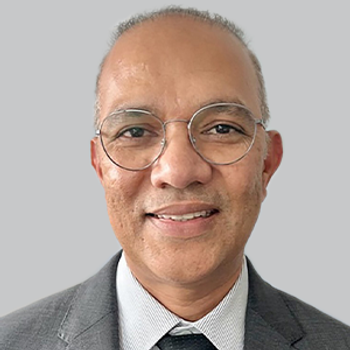
Phase 3 trial results reveal EPX-100's safety and tolerability in Dravet syndrome, supporting its potential as an effective adjunctive therapy.

A recent trial shows that 3 infusions of stem cells significantly enhance motor function in Parkinson patients, highlighting the need for further research.

New trial data reveal claseprubart shows significant efficacy in treating generalized myasthenia gravis, paving the way for potential FDA approval.

Test your neurology knowledge with NeurologyLive®'s weekly quiz series, featuring questions on a variety of clinical and historical neurology topics. This week's topic is on RNA therapeutics for neuromuscular disorders.

AL-S Pharma's AP-101 shows promising safety and efficacy in ALS patients, paving the way for future treatments targeting misfolded SOD1 proteins.
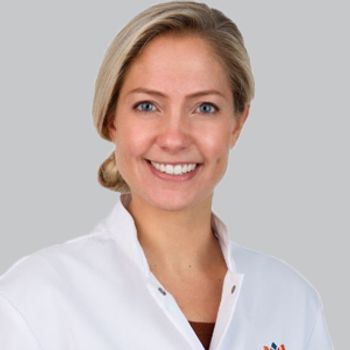
A recent study reveals that personalized extended interval dosing of natalizumab significantly reduces JCV seroconversion risk in patients with MS.

The head of the neurology department at Vall d’Hebron University Hospital provided perspective on how migraine treatment might advance in the near future, highlighting emerging pathways like PACAP antagonists and long-acting toxins. [WATCH TIME: 3 minutes]

Mind Moments®, a podcast from NeurologyLive®, brings you an exclusive interview with Barry Byrne, MD, PhD. [LISTEN TIME: 15 minutes]

The laureate professor at the University of Melbourne detailed the design and promising results of the PACIFIC trial of bexicaserin, an agent in development for epileptic encephalopathies. [WATCH TIME: 4 minutes]

A recent study reveals GLP-1 receptor agonists significantly reduce medication use and symptoms in idiopathic intracranial hypertension patients, suggesting a promising management strategy.

Eisai and Biogen seek FDA approval for a convenient, at-home Alzheimer’s treatment option, enhancing patient flexibility and reducing costs.

Semaglutide significantly reduced the risk of heart attack, stroke, and death compared to tirzepatide in patients with obesity and cardiovascular disease.

Impaired kidney function significantly increases the risk of recurrent ischemic stroke, highlighting the need for tailored treatment strategies in high-risk patients.

Research reveals that increased sedentary time significantly impacts neurodegeneration and cognitive decline in older adults, especially those genetically at risk for Alzheimer’s.

Test your neurology knowledge with NeurologyLive®'s weekly quiz series, featuring questions on a variety of clinical and historical neurology topics. This week's topic is on the link between iRBD and neurodegeneration.

The autoinjector, branded as Leqembi Iqlik, contains a 360 mg/1.8 mL dose administered over 15 seconds. It is expected to enhance Alzheimer treatment accessibility and offer cost savings for patients.
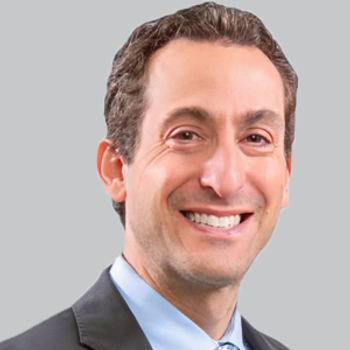
Revalesio's RNS60 gains FDA fast track status, offering a groundbreaking approach to neuroprotection in ischemic stroke treatment.

Long-term data confirms givinostat's safety and efficacy in delaying Duchenne muscular dystrophy progression, offering hope for patients and families.

Amylyx Pharmaceuticals discontinued its AMX0035 program for progressive supranuclear palsy after a phase 2b trial failed to show efficacy.

MediciNova's COMBAT-ALS trial reaches full enrollment, exploring ibudilast's potential to treat ALS and improve patient outcomes.
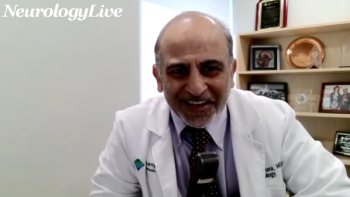
The neurophysiologist at Allegheny Health Network shared his clinical experience with tofersen in patients with SOD-1 ALS, while emphasizing the critical role of accessible genetic testing for patient identification. [WATCH TIME: 3 minutes]

A pivotal phase 3 study explores ampreloxetine's potential to treat neurogenic orthostatic hypotension in multiple system atrophy patients, aiming for FDA approval.